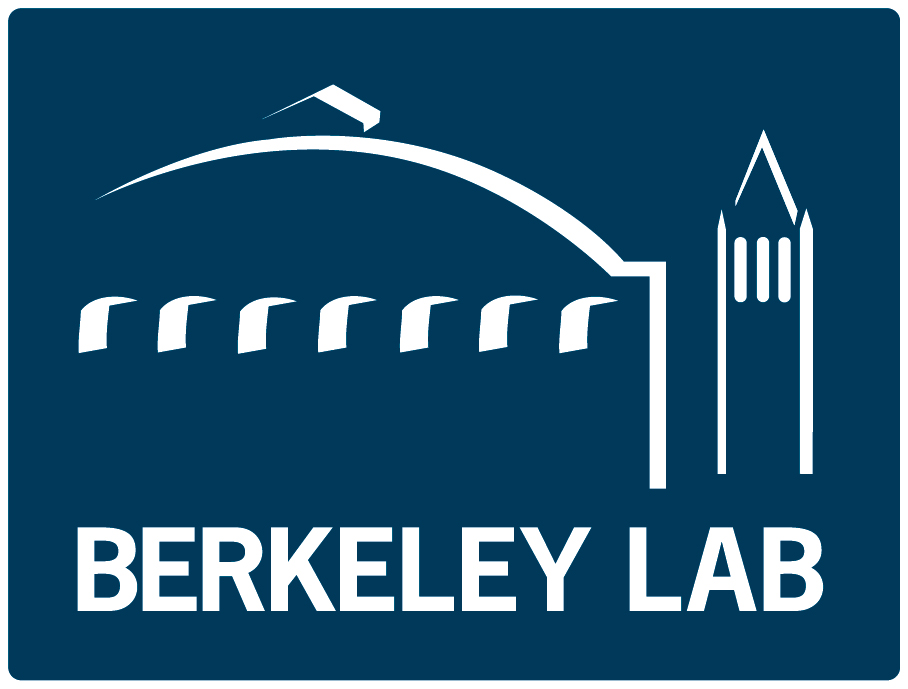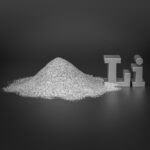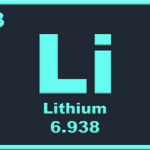APPLICATIONS OF TECHNOLOGY: Lithium extraction from brine Improvement of low quality brines BENEFITS: Sorbent process uses only water Highly selective Lower cost than conventional precipitation processes BACKGROUND: Currently, the majority of the world’s lithium is supplied by mining. Conventional lithium mining is expensive, carbon emitting, and … [Read more...] about Microporous Materials Enabling Direct Lithium Extraction from Brine 2024-067
Geosciences
2024-165 Forced Advection Sampling Technique (FAST)
Applications Measurement of emissions from abandoned and active oil and gas wells Quantification of leak rate from petroleum infrastructure Surveying and prioritizing well maintenance and plugging operations Advantages/Benefits Portable, making it ideal for large-scale activities Significantly more cost-effective than current methods Safer to operate … [Read more...] about 2024-165 Forced Advection Sampling Technique (FAST)
Mineral Extraction and Recovery
Metal Extraction using Novel Nanoscale Polyoxometalates 2024-076 Researchers at Berkeley Lab have developed a polyoxometalate (POM)-based system designed for the selective removal and recovery of critical metals, specifically lithium and magnesium, from nontraditional brine sources. The POM-based system demonstrates a remarkable selectivity ratio for Li+ and Mg2+ of over 1000, … [Read more...] about Mineral Extraction and Recovery
New low-temperature process for extracting lithium from alpha spodumene 2024-019
Commercial Applications Battery precursor production Electric vehicle batteries Portable electronics batteries Energy storage solutions Renewable energy systems Benefits Lower energy requirements Decreased chemical usage Production of high purity lithium Environmentally friendly approach Potential cost reductions Background Lithium … [Read more...] about New low-temperature process for extracting lithium from alpha spodumene 2024-019
Moment Tensor Reconstruction 2017-095
APPLICATIONS: Seismic monitoring ABSTRACT: Seismic detectors may register movements of the earth generated by earthquakes and other seismic events. However, locating and determining the precise location and mechanism of an earthquake based on data received from seismic detectors may be difficult or impossible with some systems. Gregory Newman and Petr Petrov of … [Read more...] about Moment Tensor Reconstruction 2017-095



